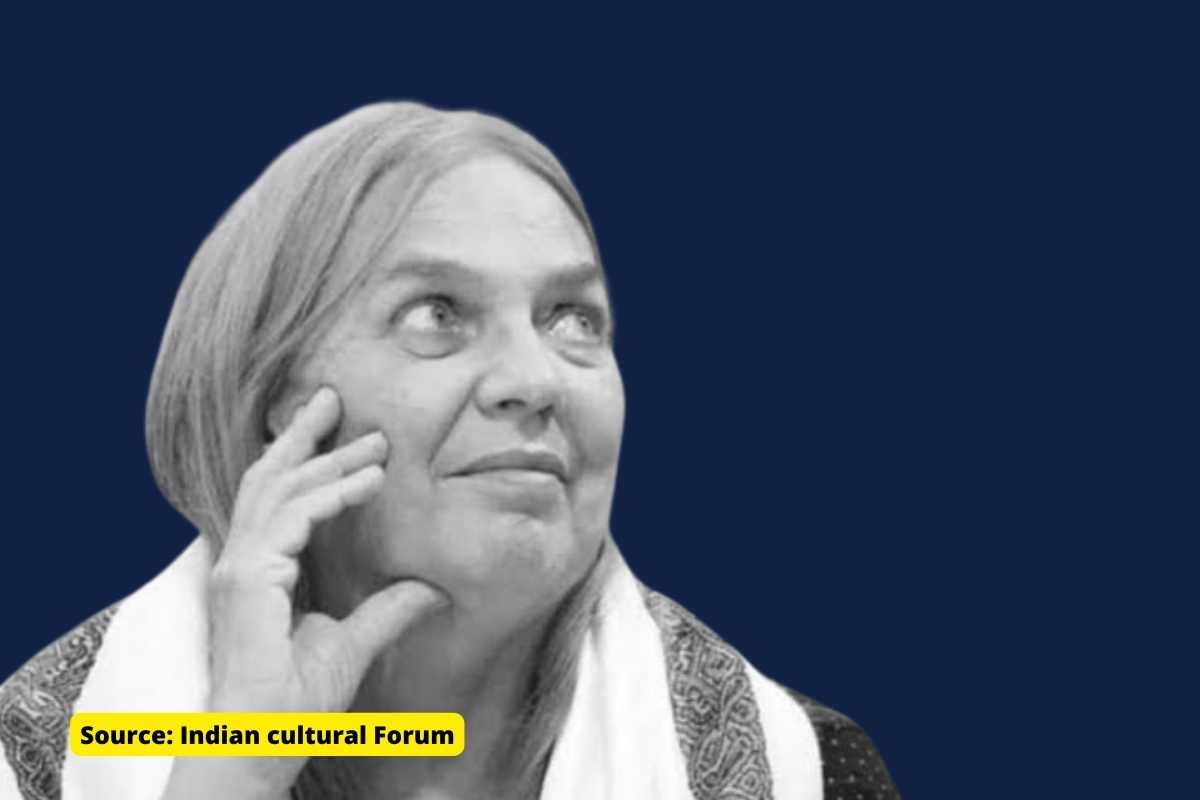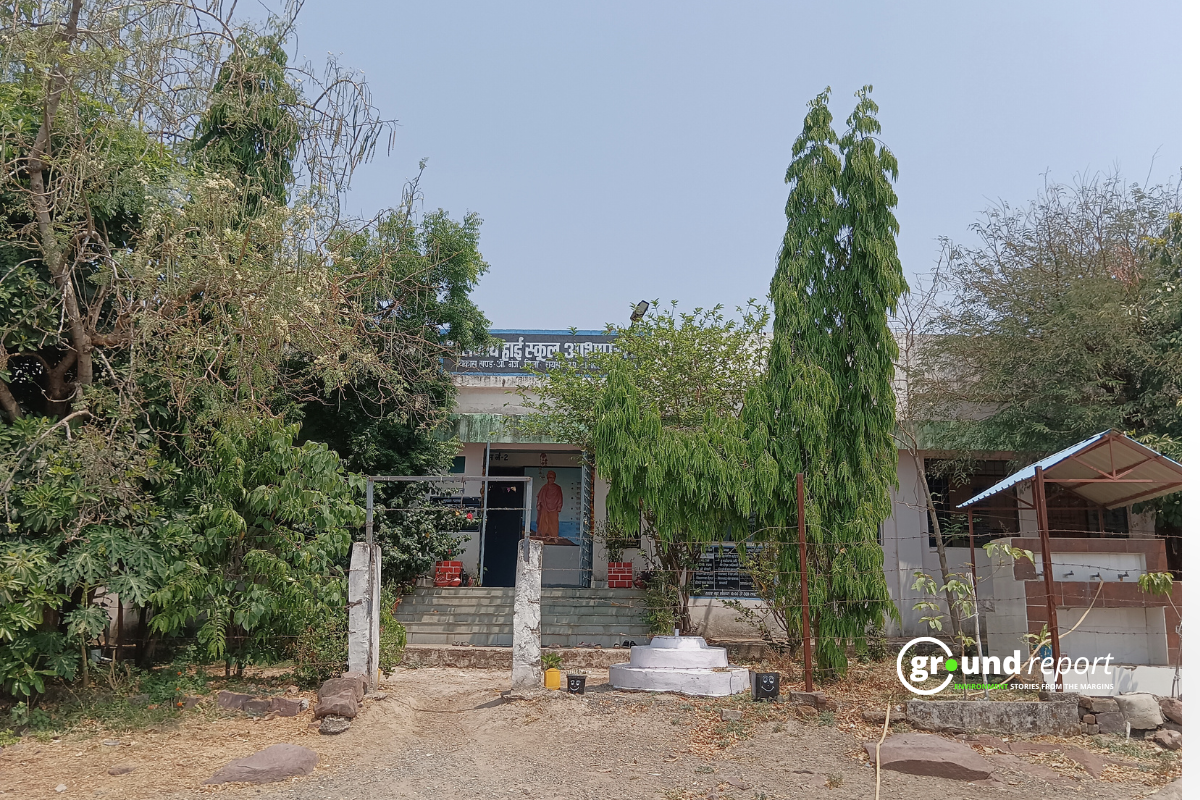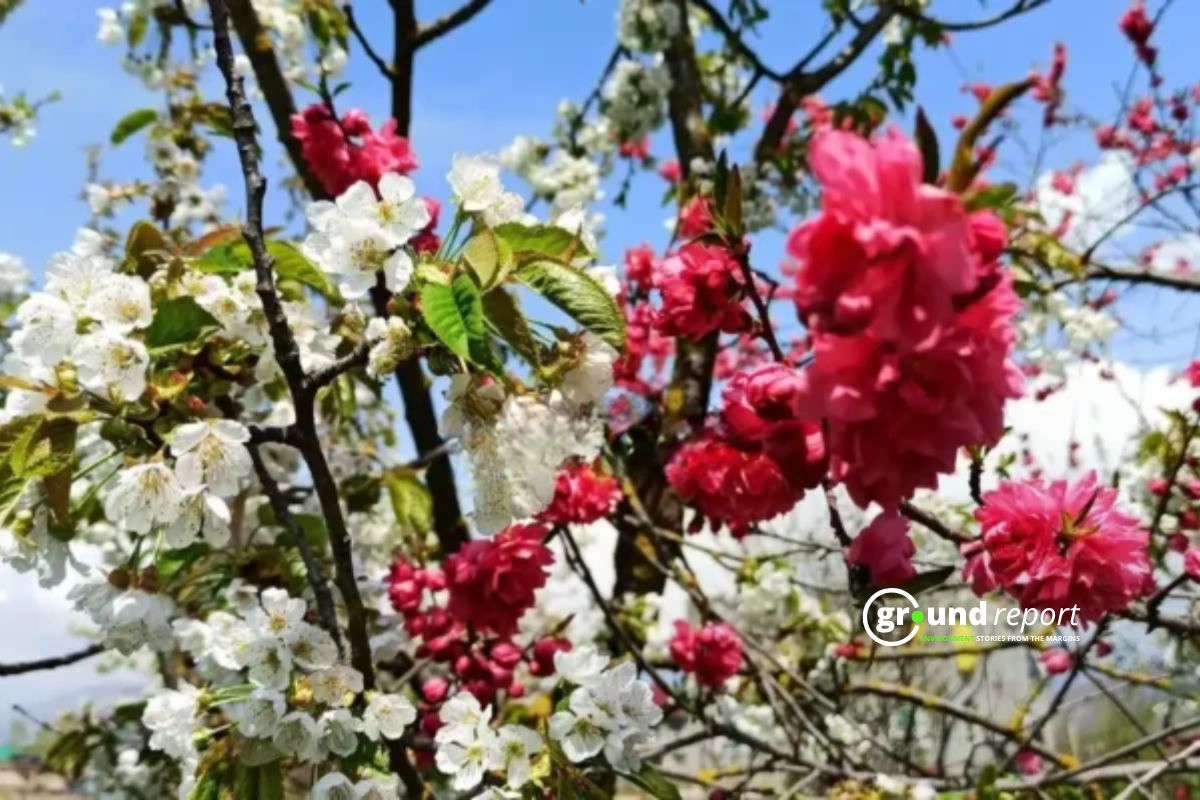On 25th August 2022, my social media feed was remembering a white-woman. That’s when it clicked me, it has been one year since pioneer sociologist Gail Omvedt died at the age of 80.
If filmmaker Somnath Waghamare is believed then the funeral was attended by more than 1,000 people in a village named Kasegaon, Maharashtra. There was gratitude, and silence on her demise. Her death was talked about on social media. According to some, this has never happened for a sociologist. US born, Indian Scholar, renounced her US citizenship to work for the rural community in India. And, she was graciously accepted by the community to become their own.
Who was Gail Omvedt?
Early Life
Born on 2nd August, 1941 in Minneapolis to immigrant parents six years before India’s independence. She went to Carleton College in Minnesota. At the age of 22, she received a Fulbright scholarship, to study rural communities in India. She went to University of California, Berkeley to receive her Masters Degree, and then a PhD in sociology.
In 1970, she came back to India to continue her dissertation research on the caste system.
Work in India
While researching and participating in the protests of the working classes, and farmers, Gail met Bharat Patankar. Bharat was an activist himself, and also the son of activists Indumati and Krantivir Babuji Patankar. Gail had worked with Bharat’s parents during the protests. They married in 1976.
Together they continued fighting for the rights of the communities in rural India particularly in Maharashtra. They started Shramik Mukti Dal (Toilers’ Liberation League), and sparked mass movements against caste and class injustices in Rural India. The organisation highlighted the issues of farmers, drought-hit villages, dam-displaced communities, working conditions and wages.
In 1983, she gave up her American Citizenship and became an Indian citizen.
For decades, Gail continued their activism while still documenting the lives of several prominent caste movement figures. Beyond caste, she wrote about women movement. She launched campaigns for victims of domestic violence or women abandoned by their husbands and families. In addition, she worked for the betterment of women in Sangli and Satara.
Gail lived in Kasegaon, in Maharashtra and was fluent in Marathi. She translated books in the local language i.e. Marathi.
Gail was also a scholar in Buddhist philosophy, and had written extensively on Ambedkar.
Ajit Abhyankar, senior leader, CPI (Marxist), said Ms. Omvedt was the first researcher to study the political implication of the Satyashodhak Samaj, organisation started by social reformer Mahatma Jyotiba Phule.
All her work needs to be put in the context of time. She did all this in 80s, and 90s when these movements were more alone than ever. Her campaigns, and writing in a way paved way to further discussions and conversations on these issues. Like, her book ‘We Will Smash this Prison’, loosely translated in Hindi to ‘Pinjra Tod’.
With her writing, and activism, She was also on the board of institutes like Savitribai Phule Pune University, Nordic Institute of Asian Studies and Indira Gandhi Open University. She was associated with the UNDP as a consultant on various issues.
For those who read about caste, anti-caste movements, women rights, identity politics, then, Gail Omvedt one of the people to thank.
List to books written by Gail Omvedt
Her demise last year was extensively captured by the news media. There is an incredible amount of articles expressing gratitude towards her contribution in the anti-caste and women rights movement.
Conclusion
I have always believed literature around politics like caste or women rights never becomes part of general discourses. More often, big publication houses with their lavish marketing budget take over bookshelves. That’s exactly when, it becomes the responsibility of those who have read authors like Gail Omvedt, to actively talk about her continuously, passionately.
As most beautiful or even perfect stories have to end, the brilliant life of Gail also ended on 24th August 2021. The news of her demise was confirmed by her daughter; Prachi Patankar.
While the world strives towards ‘development’ through bullet trains, metros, high-rise apartments, it becomes even more essential to ensure that no one is left behind. Gail Omvedt might have passed away in peace, but her pioneering scholarship remains for everyone to read.
I will say it again, it somehow becomes our responsibility as a reader to have conversations on topics on significant social importance like Caste, and Women Rights.
Support us to keep independent environmental journalism alive in India.
Keep Reading
The costliest water from Narmada is putting a financial burden on Indore
Indore’s Ramsar site Sirpur has an STP constructed almost on the lake
Indore Reviving Historic Lakes to Combat Water Crisis, Hurdles Remain
Indore’s residential society saves Rs 5 lakh a month, through rainwater harvesting
Follow Ground Report on X, Instagram and Facebook for environmental and underreported stories from the margins. Give us feedback on our email id greport2018@gmail.com.
Don’t forget to Subscribe to our weekly newsletter, Join our community on WhatsApp, and Follow our YouTube Channel for video stories.







